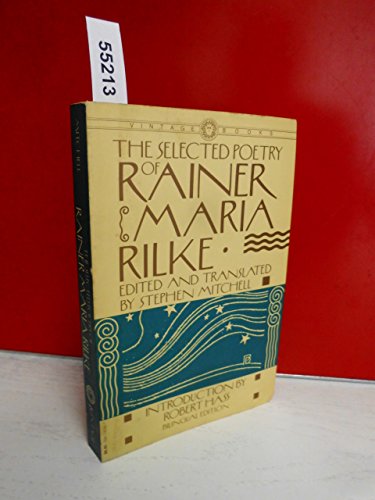


The difficulty of the religious poetry of a poet whose religion is unique to him in his isolation, though present in his poetry, is that poetry itself tends to become religion, while the poem becomes a kind of incarnation of the poet.

He wanted no institution, creed, or dogma to stand between him and that outsideness. Rilke also objected to the idea of Original Sin, and, above all, he abhorred the claim of the Church to stand as mediator, through its priesthood, between the isolated individual and God. The poetry is essentially the religious utterance of the poet who, although he has absorbed into himself the experience of many religions, considers that the religion in which he was brought up-Roman Catholicism-is, except perhaps in certain remote villages, spiritually bankrupt, its symbolism outworn. This is certainly one aspect of Rilke, the poet speaking out of his own isolation to the reader who is made, through the poetry, to realize a similar isolation in himself. “Seductive,” “whispered,” “crooned,” Rilke “insinuating” some “great depth in himself” toward the “same depth in ourselves”-the vocabulary seems suspect, and possibly Mr. They seem whispered or crooned into our inmost ear, insinuating us toward the same depth in ourselves. What makes them so seductive is that they also speak to the reader so intimately. His poems have the feeling of being written from a great depth in himself. Rilke’s special gift as a poet is that he does not seem to speak from the middle of life, that he is always calling us away from it. The Duino Elegies are an argument against our lived, ordinary lives. Hass comments: “This is not hyperbole.” He writes:

Many years ago, at a time when I was obsessed by Rilke’s poetry, I happened to cut myself shaving, and (looking in the mirror) I thought: “If Rilke cut himself shaving, he would bleed poetry.” Robert Hass, in his long, wide-ranging introduction to Stephen Mitchell’s translations, quotes the young Russian poet Marina Tsvetayeva writing to Rilke, when he was dying, in 1926: “You are not the poet I love most.


 0 kommentar(er)
0 kommentar(er)
